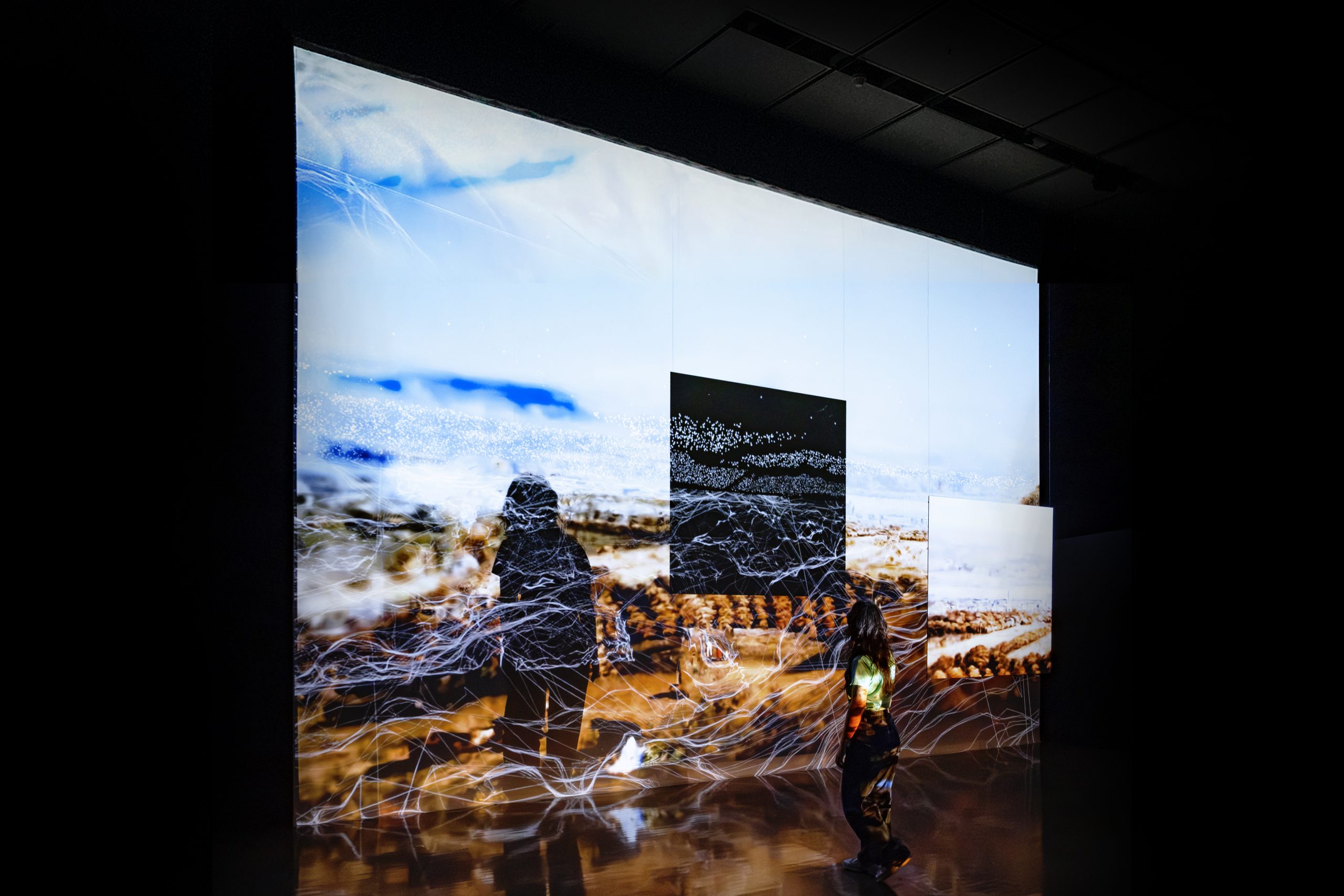
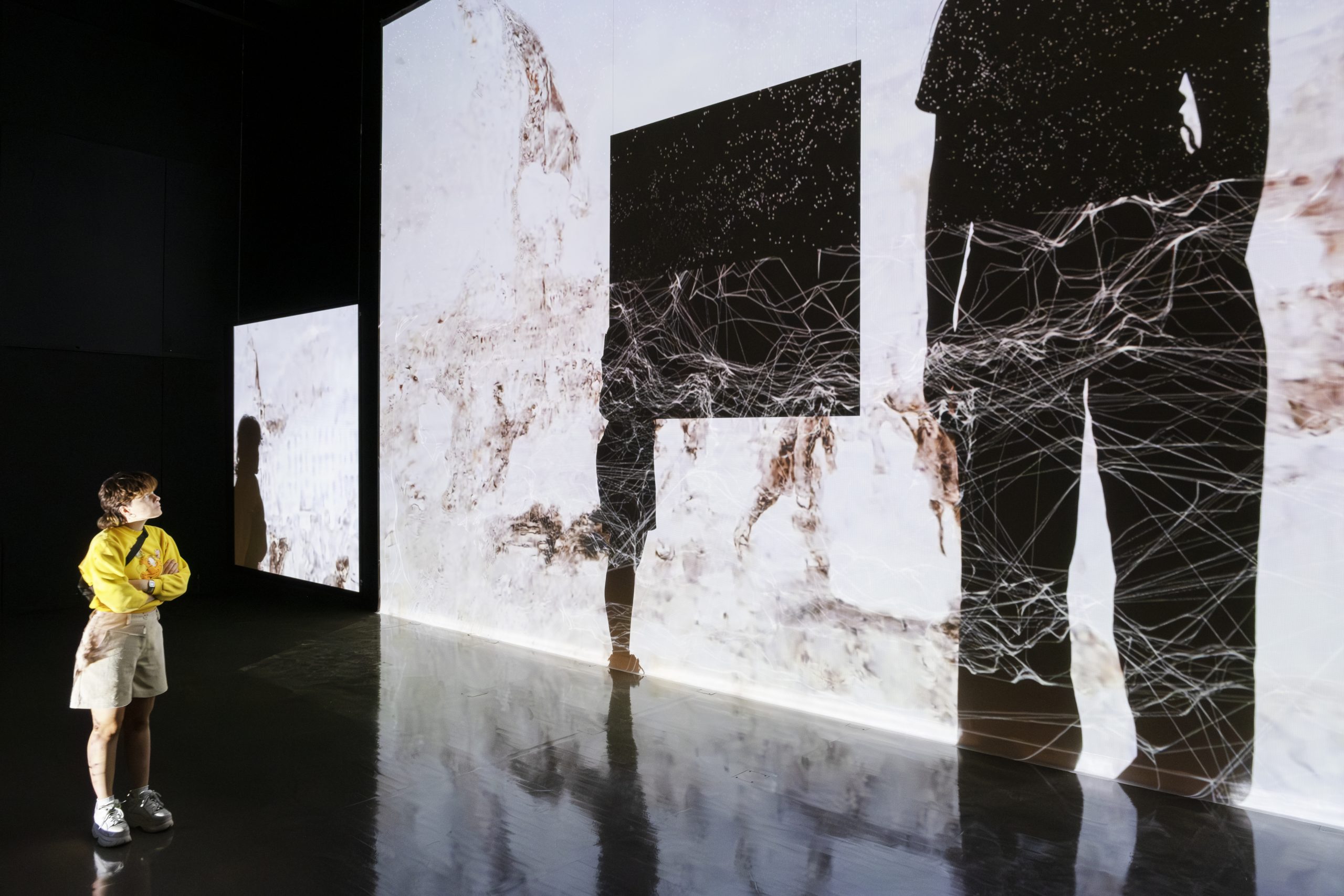
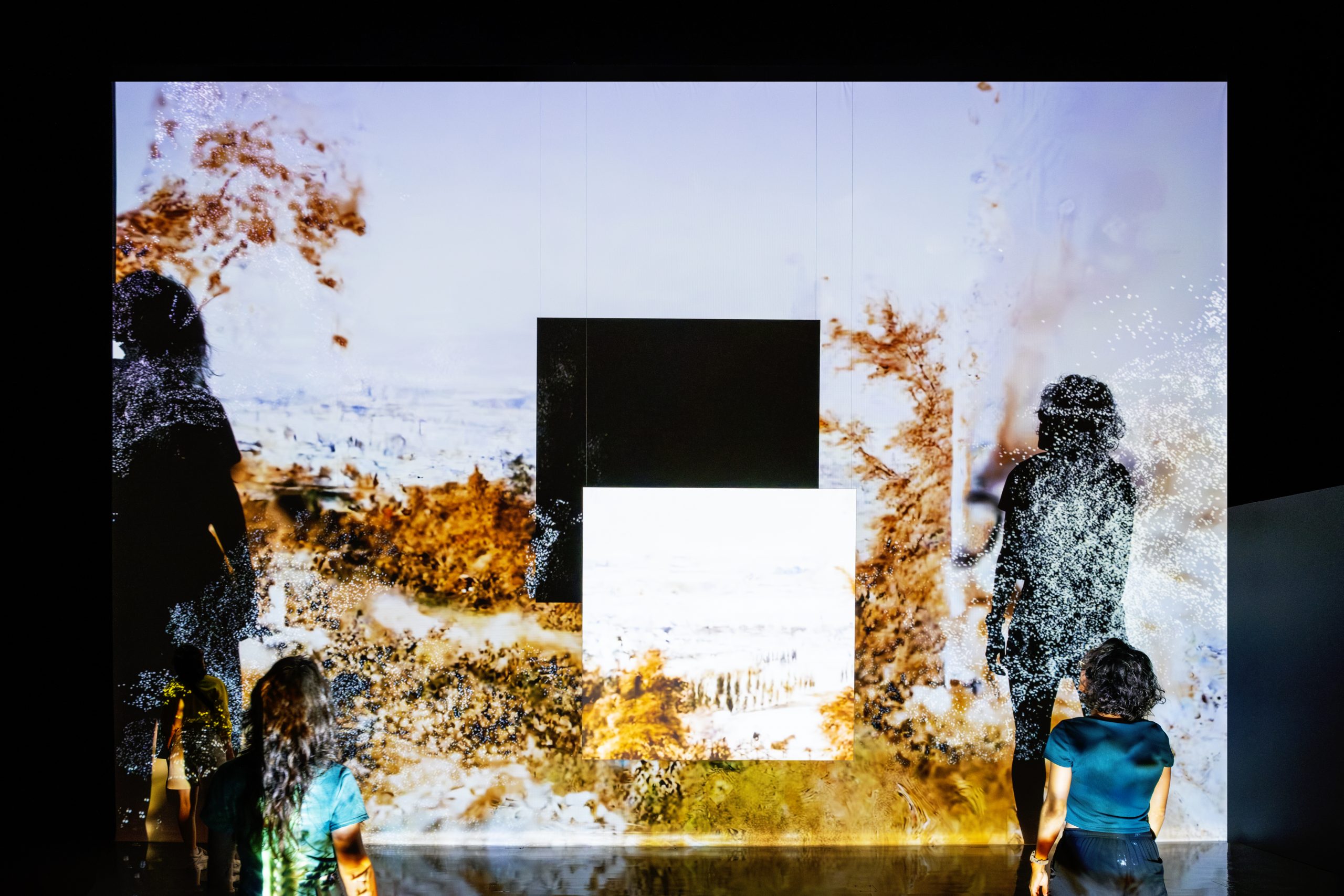
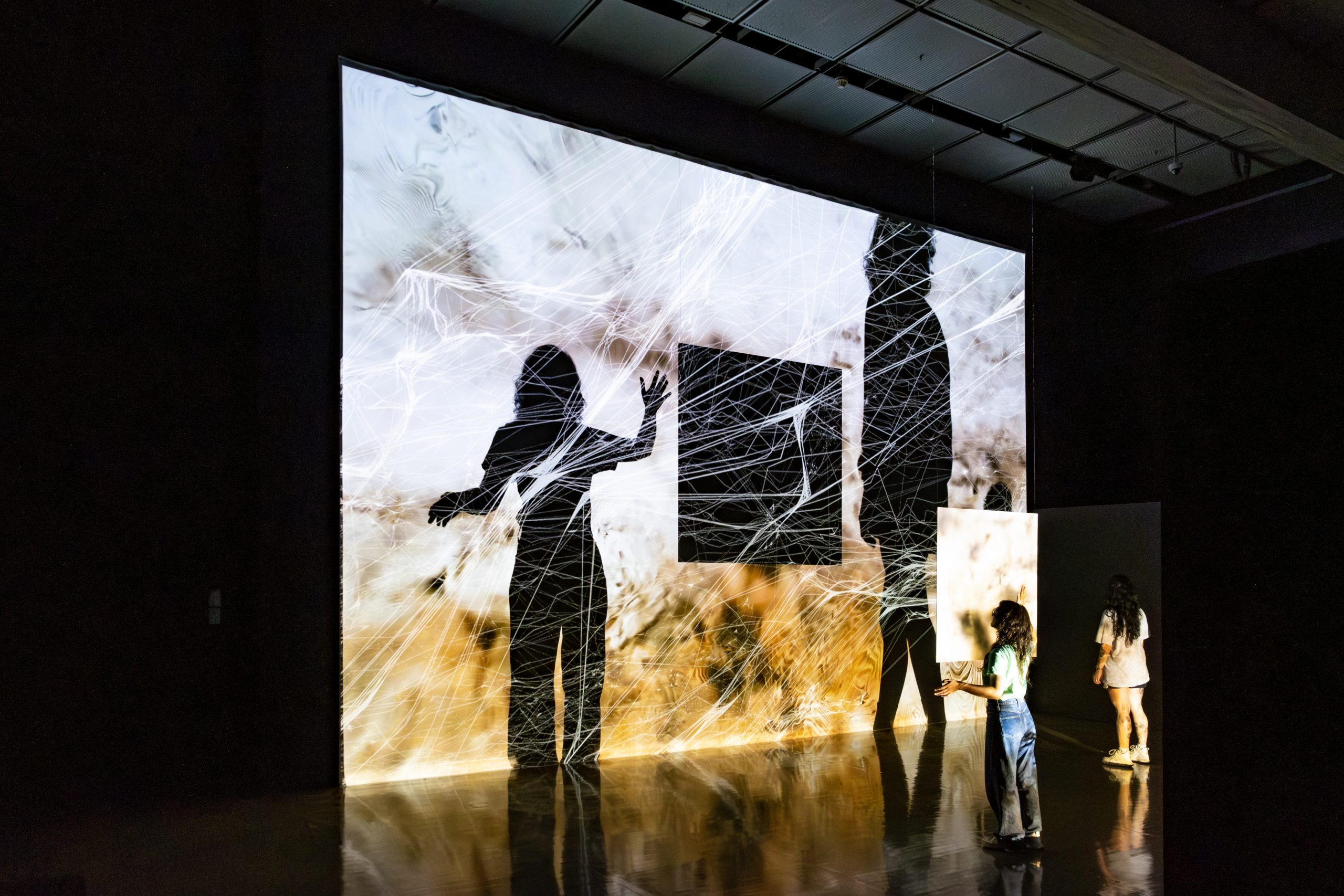
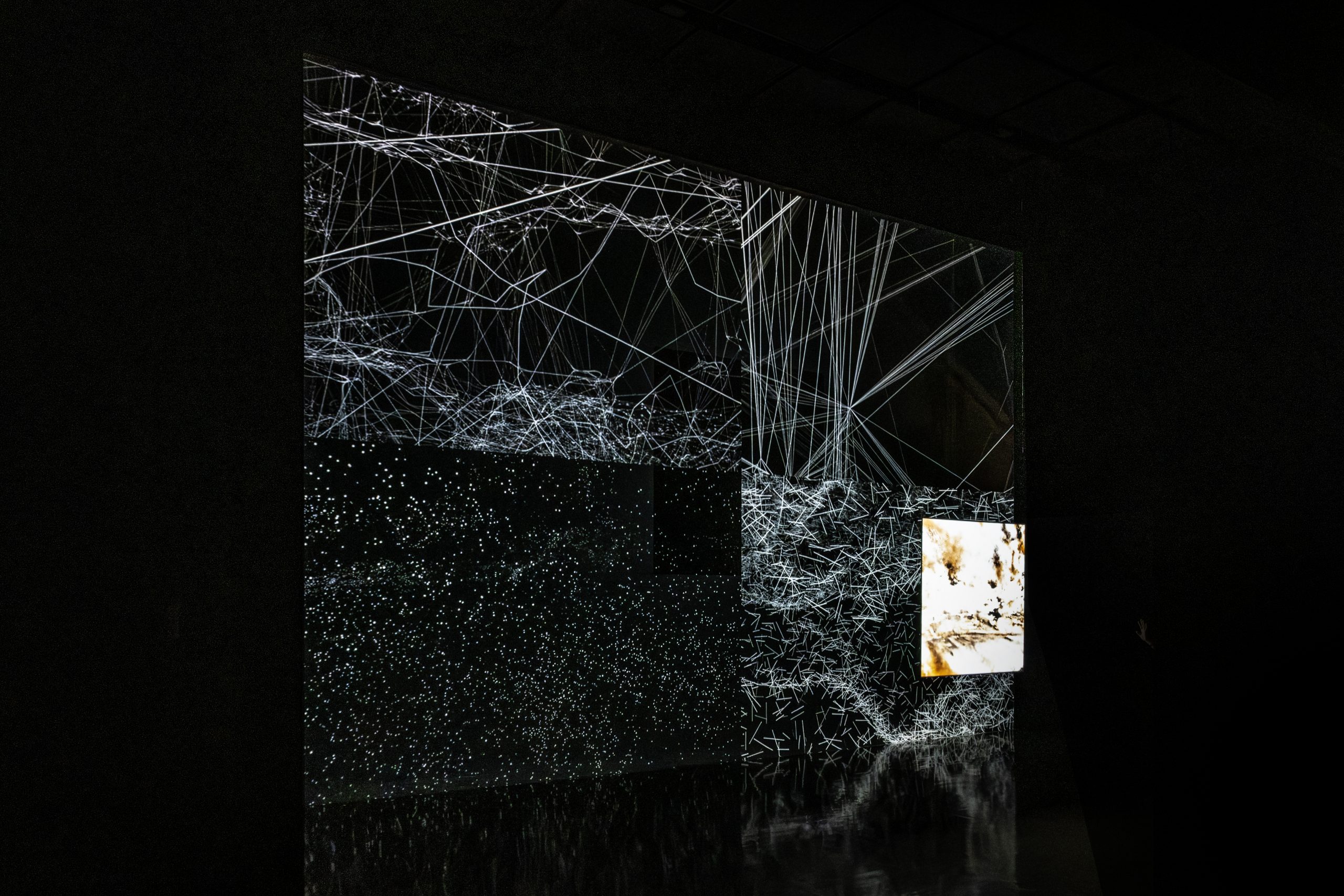
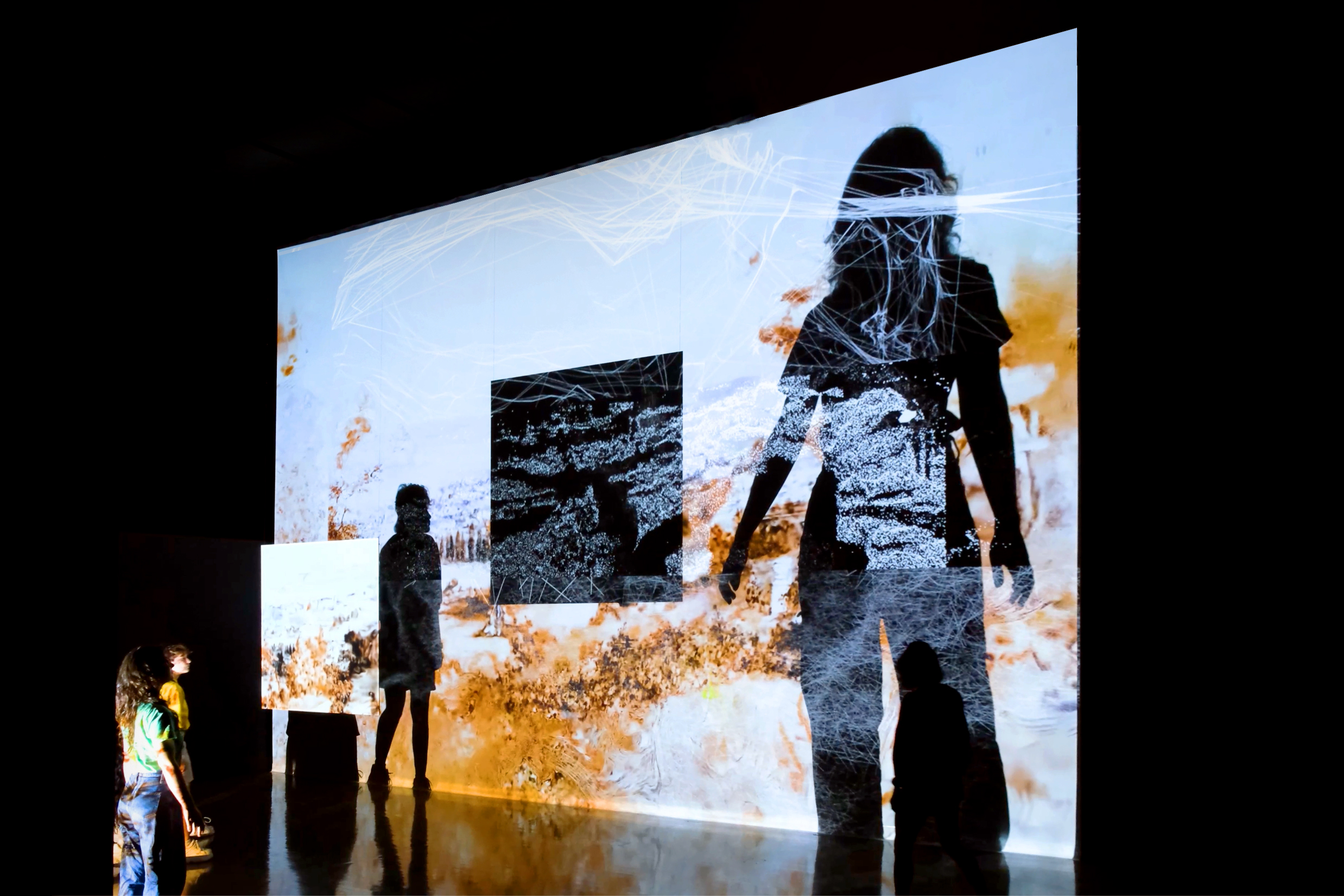
Client: Iregular
Location: Montreal, QC, Canada
Completion date: 2023
Project Team
Creator, Sound Designer, AI engineer
Iregular team
Iregular
Commissioner
McCord Stewart Museum
Overview
James Duncan’s numerous watercolors and sketches of urban landscapes shaped the vision that outsiders carried about Montreal, sculpting their minds with mental images of the city.
What would the world look like through the eyes of someone whose only reality is molded by an artist’s visual representation? Inspired by this thought, we compiled many of James Duncan’s pieces from the McCord Stewart Museum collection and fed them to an artificial intelligence. We then visualized how that AI envisioned the world after solely being exposed to the artist’s work.
The result is MENTAL MAPS: an immersive video installation of a mind’s interpretation of reality.
Layers of landforms and topographies make up this imagined universe, where visitors find themselves entering the mind of the machine and becoming a part of the scenery. As they move through the space, their shadows hide and reveal new realities, continually building on each person’s unique experience.
MENTAL MAPS acts as the epilogue of the McCord Stewart Museum’s exhibition titled “Becoming Montreal: The 1800s Painted by Duncan”.
Goals
MENTAL MAPS marked a significant milestone for our studio in two distinct ways: it was the first custom piece we created as part of a curated museum exhibition, while also marking the first time we used Artificial Intelligence in the actual creation process of an artwork.
Commissioned by the McCord Stewart Museum, this project is a significant departure from our more usual digital art installations as it targets a new type of space, a different audience, and addresses specialized curatorial themes far from those we usually gravitate towards. This in itself was a real challenge, but we cannot be happier with the result. What we initially thought would hinder and restrict our creative process, actually ended up broadening our horizons and pushing our capabilities to new heights. Much credit goes to the museum team, who wholeheartedly trusted our vision and posed no obstacles to our thematic interpretation.
Process
The creative goals for the project quickly evolved during the process. When we started to work on MENTAL MAPS a couple of years ago, the intention was to visualize how the artistic decisions of James Duncan and his resulting body of work deeply influenced the depiction of Montreal in people’s imagination. Fast forward to the present, with the rise of artificial intelligence and machine learning systems becoming commonplace, the value of MENTAL MAPS now resides in how it’s helping us better understand the power of AI, and the role we humans carry in a world where such systems possess the capability to generate intricate images from simple prompts on a computer.
In that sense, the project was crucial in showcasing how a collaboration between digital creative studios and cultural institutions is able to bridge traditional and modern art forms and push the conversation about the art/tech frontier forward.